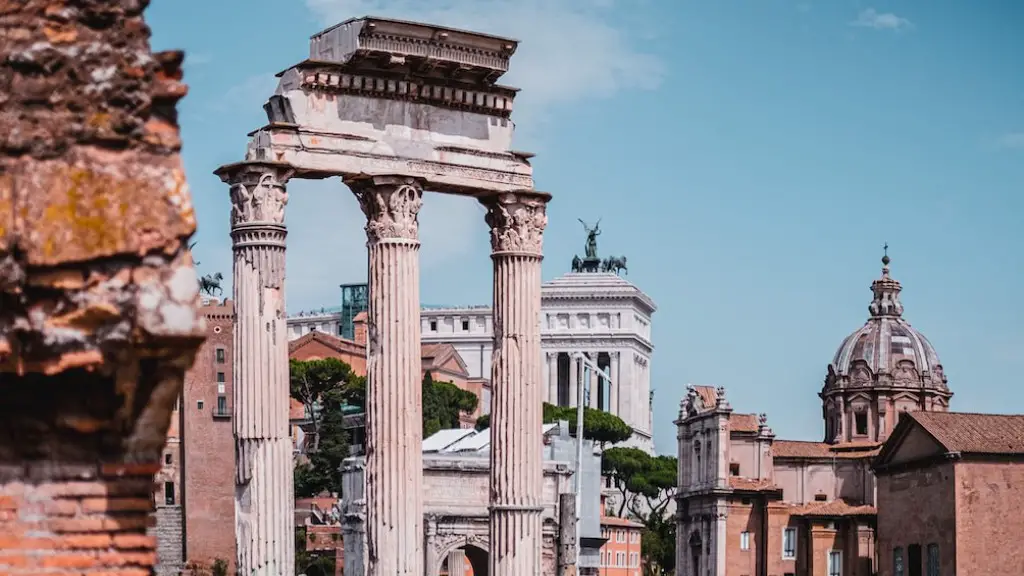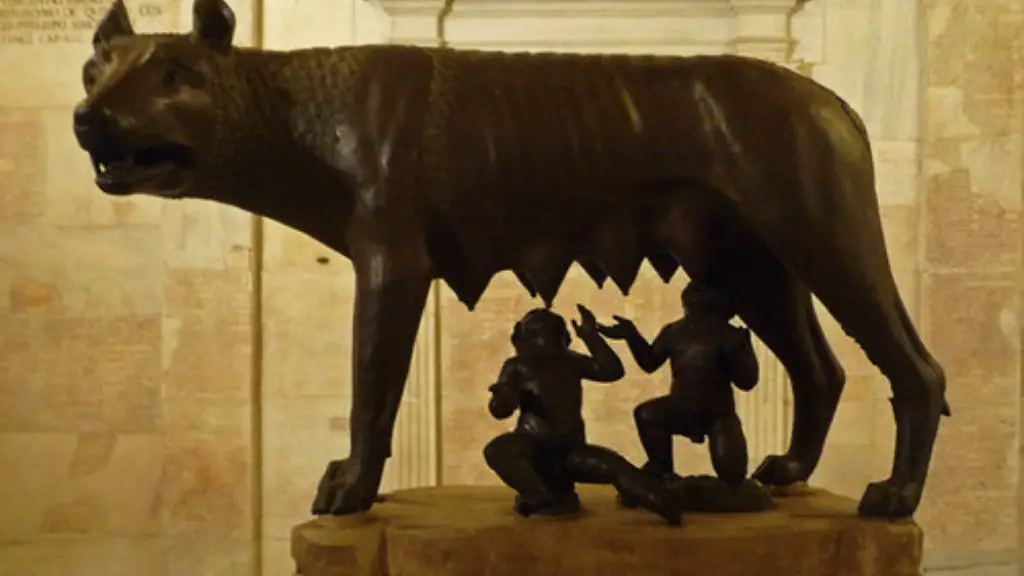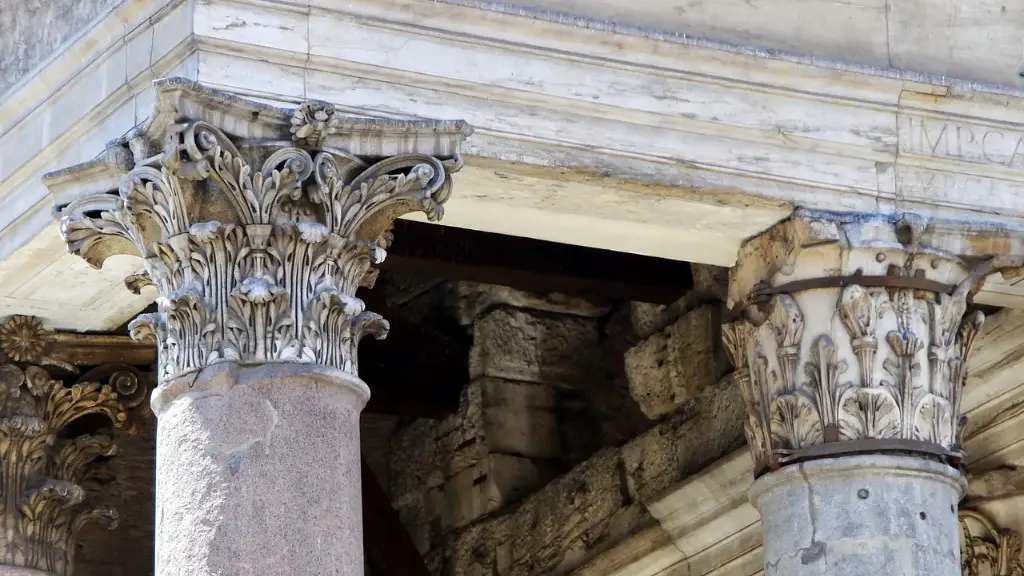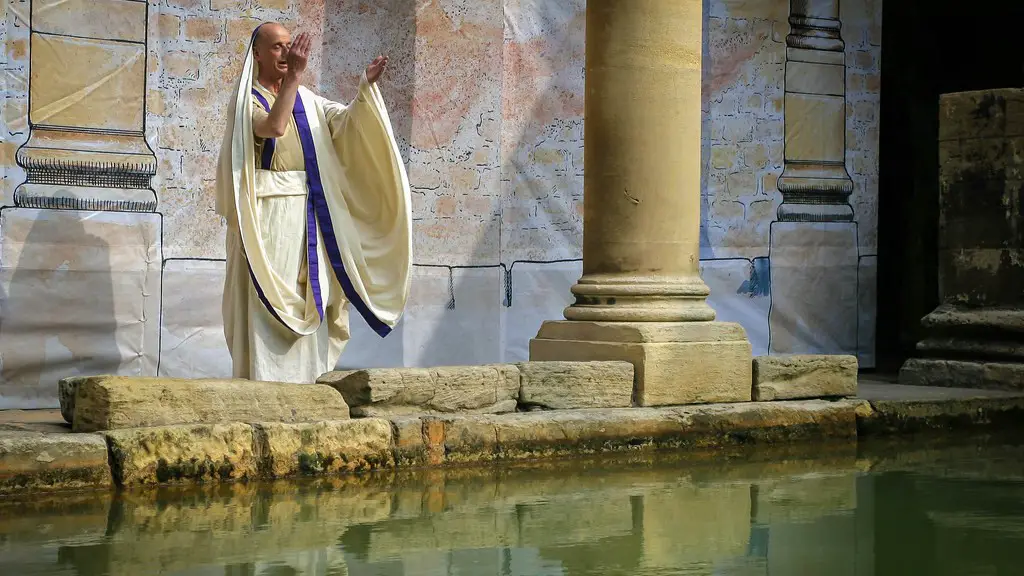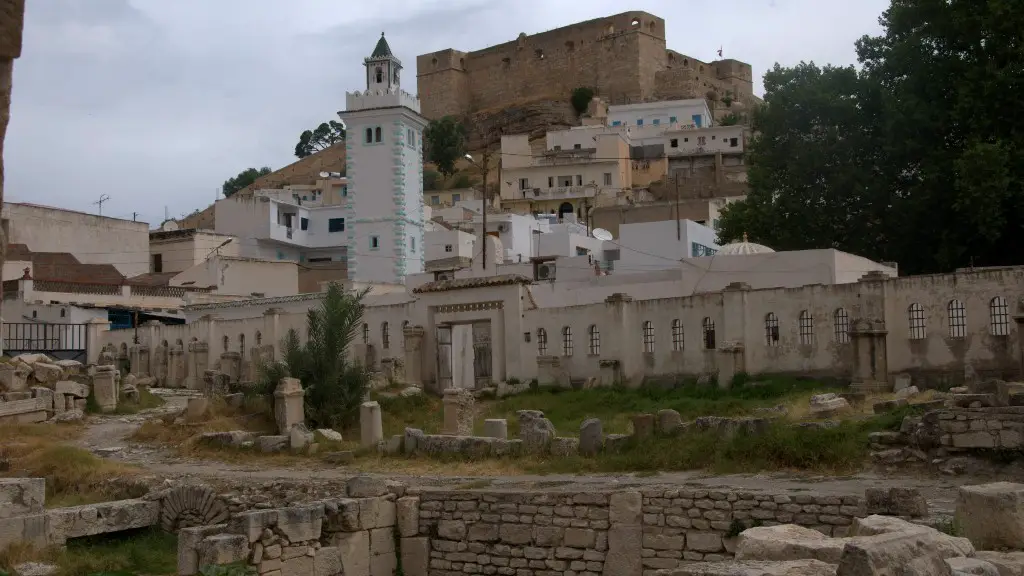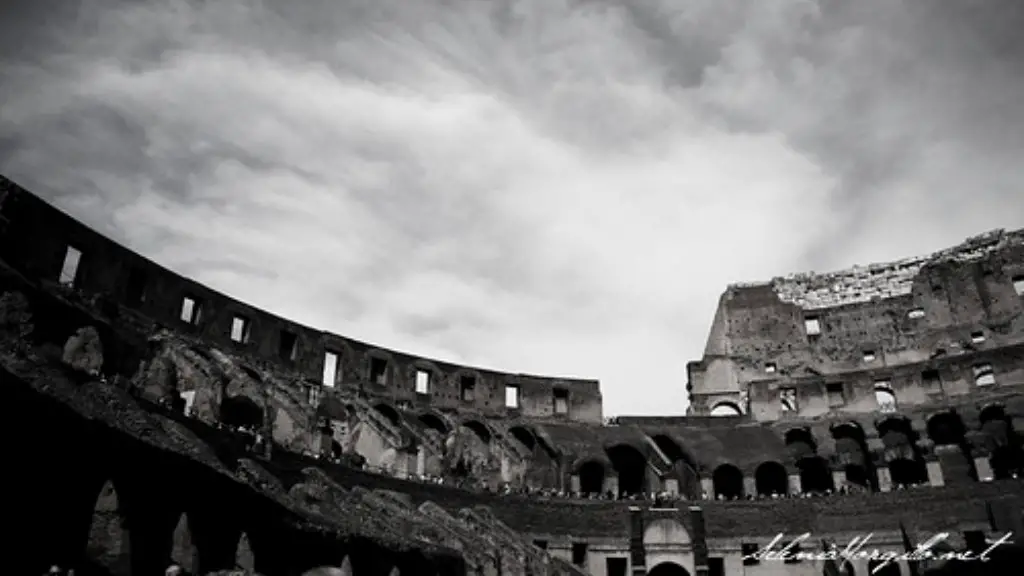Plebeians were the largest social class in ancient Rome and made up the majority of the population. Despite their lack of power and privilege, plebeians were able to accomplish a great deal. They worked hard to support themselves and their families, and they also contributed to the economy of Rome. They were also active citizens, serving in the army and participating in the government.
Plebeians in Ancient Rome accomplished a great deal. They were the backbone of the Roman military and were responsible for the majority of the Rome’s economic production. In addition, they were the main source of labor for public works projects and were heavily involved in Roman politics.
What did the plebeians accomplish?
The plebeians were the lower class citizens of Ancient Rome. They were allowed to elect their own government officials, called tribunes, to represent them and fight for their rights. The tribunes had the power to veto new laws from the Roman senate. Over time, the legal differences between the plebeians and the patricians dwindled.
The plebeians were a class of commoners in Ancient Rome. They were the poor, the laborers, and the small farmers. The plebeians were treated unfairly by the patricians, who were the wealthier class. The plebeians wanted to be treated fairly and equally. They wanted the same rights and privileges as the patricians. The plebeians staged a revolt in 494 BC, and they won some concessions from the patricians. The plebeians continued to fight for their rights, and eventually they won full equality with the patricians.
What did the plebeians win
The plebeians were a class of citizens in ancient Rome who were not members of the upper class. In the early days of the Roman Republic, the plebeians were not given the same rights as the upper class. However, over time, the plebeians fought for and won more rights. In 367 BCE, a new law said that one of the two consuls had to be a plebeian. This meant that plebeians could become members of the Senate, the upper chamber of the Roman government. In 287 BCE, the plebeians gained the right to pass laws for all Roman citizens. This was a major step forward for the plebeians and helped to make Rome a more democratic society.
The Plebeians were an important part of Roman society because they had a good work ethic. They became working citizens of Rome, which included farmers, builders, craftsmen common trades and professions. They made up the majority of the Roman population and were referred to as the common people.
What did the plebeians fight for?
The Conflict of the Orders was a political struggle between the plebeians and patricians of the ancient Roman Republic. The plebeians sought political equality with the patricians, and the conflict lasted from 500 BC to 287 BC.
For years, the plebeians (common people) in Rome struggled to gain a share of the political power enjoyed by the patricians (upper class). This struggle came to a head when the plebeians revolted and demanded that the patricians post Rome’s laws on the Twelve Tables (an early version of a law code). This was a major victory for the plebeians and led to a major change in Roman government, giving the plebeians a more equal role in governing the city.
What is a fact about plebeians?
The Lex Canuleia was a law passed in 445 bce that allowed plebeians to marry patricians. Prior to this law, plebeians were excluded from the Senate and from all public offices except that of military tribune. This law helped to increase the power of the plebeian class and to reduce the power of the patrician class.
In ancient Rome, the plebeians were the common people who were not members of the patrician class. The patricians were the wealthier landowners who held all the power in the government. The plebeians became tired of being oppressed and treated like second-class citizens, so they waged a campaign to have their civil disabilities abolished. This campaign is known as the Conflict of the Orders.
The plebeians organized themselves into a separate corporation and withdrew from the state on perhaps as many as five or more occasions. This was done in order to compel the patricians to make concessions. Such a withdrawal was called a secessio. The plebeians were successful in their campaign and were able to gain some equality with the patricians.
For what changes were the plebeians responsible for
The plebeians were a class of commoners in ancient Rome. Although they were the vast majority of the Roman population, they were seen as inferior to the patricians, the wealthy landowners. The plebeians gained power in the republic through the establishment of the Council of Plebs, which held tribunes. The tribunes were able to veto government decisions, and the plebeians were also allowed to be consoles. Marriages between plebeians and patricians were made legal, which helped to increase the power of the plebeians.
In 494 BC, the plebeians revolted against the patricians, who held all the political power. After the revolts, the plebeians gained more political power through the Tribunes of the Plebs and the Council of Plebs. The Tribunes of the Plebs spoke for the plebeians and could veto actions of the Senate. The Council of Plebs made laws for all plebeians.
Were plebeians more powerful than patricians?
The social structure of ancient Rome was based on the distinction between the patricians and the plebeians. The patricians were the wealthier, more powerful class while the plebeians were the poorer, less powerful class. This relationship eventually led to the Conflict of the Orders, a series of riots and rebellions by the plebeians against the patricians.
The Plebeian Council was originally organized by Curiae, and served as an electoral council wherein plebeian citizens could vote to pass laws. The Plebeian Council would elect Tribunes of the Plebs to preside over their meetings. In later years, the Plebeian Council became a legislative assembly of the Roman Republic. Its members (known as Plebeians) were responsible for passing laws that applied to the Plebeian citizens of Rome.
What rights did plebeians have
The patricians were the upper class citizens in Ancient Rome while the plebeians were the lower class. After the Conflict of the Orders, which was a series of revolts by the plebeians against the patricians, the plebeians were given more rights. They were allowed to participate in politics and hold political offices. However, the patricians still held most of the power in society.
The plebeian class members were the common people of Rome and included bakers, farmers, craftsmen and builders. They did not hold any power in the government and were not able to be a priest, access the laws of Rome, or hold any office. While other classes were more powerful as individuals, the Roman plebs were not.
What were the plebeians known as?
The plebeians were the general body of free Roman citizens who were not patricians. Both classes were hereditary. The plebeians were considered the lower class, while the patricians were considered the upper class. The plebeians were not allowed to hold certain positions of power or hold certain offices.
The plebeians’ refusal to serve in the army was a watershed moment in the history of Rome. For the first time, the poor and the disenfranchised stood up to the wealthy and powerful and said “enough is enough.” The plebeians’ action showed that they were no longer willing to be treated like second-class citizens and that they were ready to fight for their rights. The episode also showed that the Roman system of government was far from perfect and that there was room for improvement.
Warp Up
The pleblians in ancient Rome were able to accomplish a great deal. They were able to form their own government, which was separate from the government of the elites. They were also able to pass their own laws, and they had their own judiciary system. In addition, the pleblians were able to elect their own officials, and they had their own army.
The pleblians in ancient Rome helped to build one of the most powerful empires in the world. They did this by working hard, being loyal to the empire, and fighting for their country. The pleblians were also responsible for keeping the peace within the empire and making sure that the people had what they needed. Without the pleblians, the ancient Roman Empire would not have been as successful as it was.
